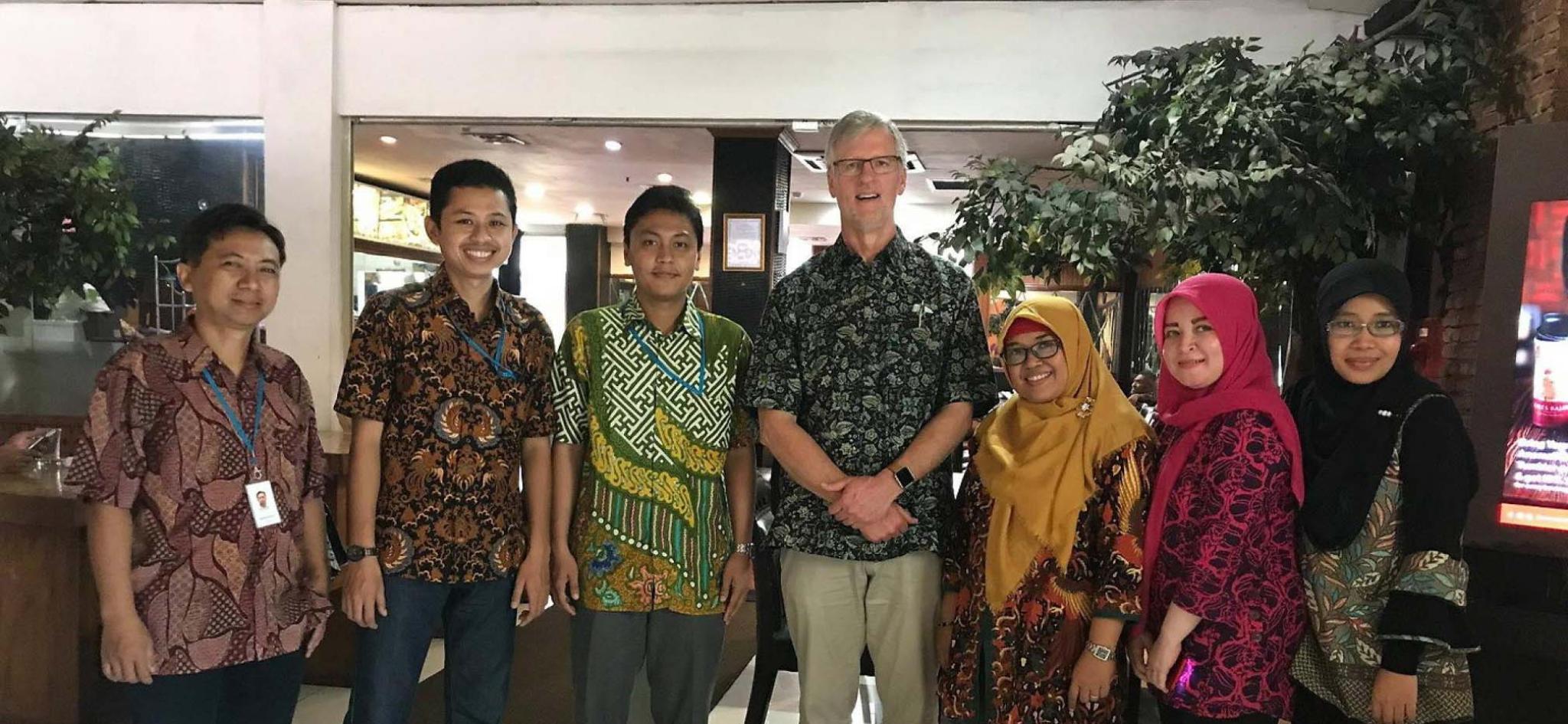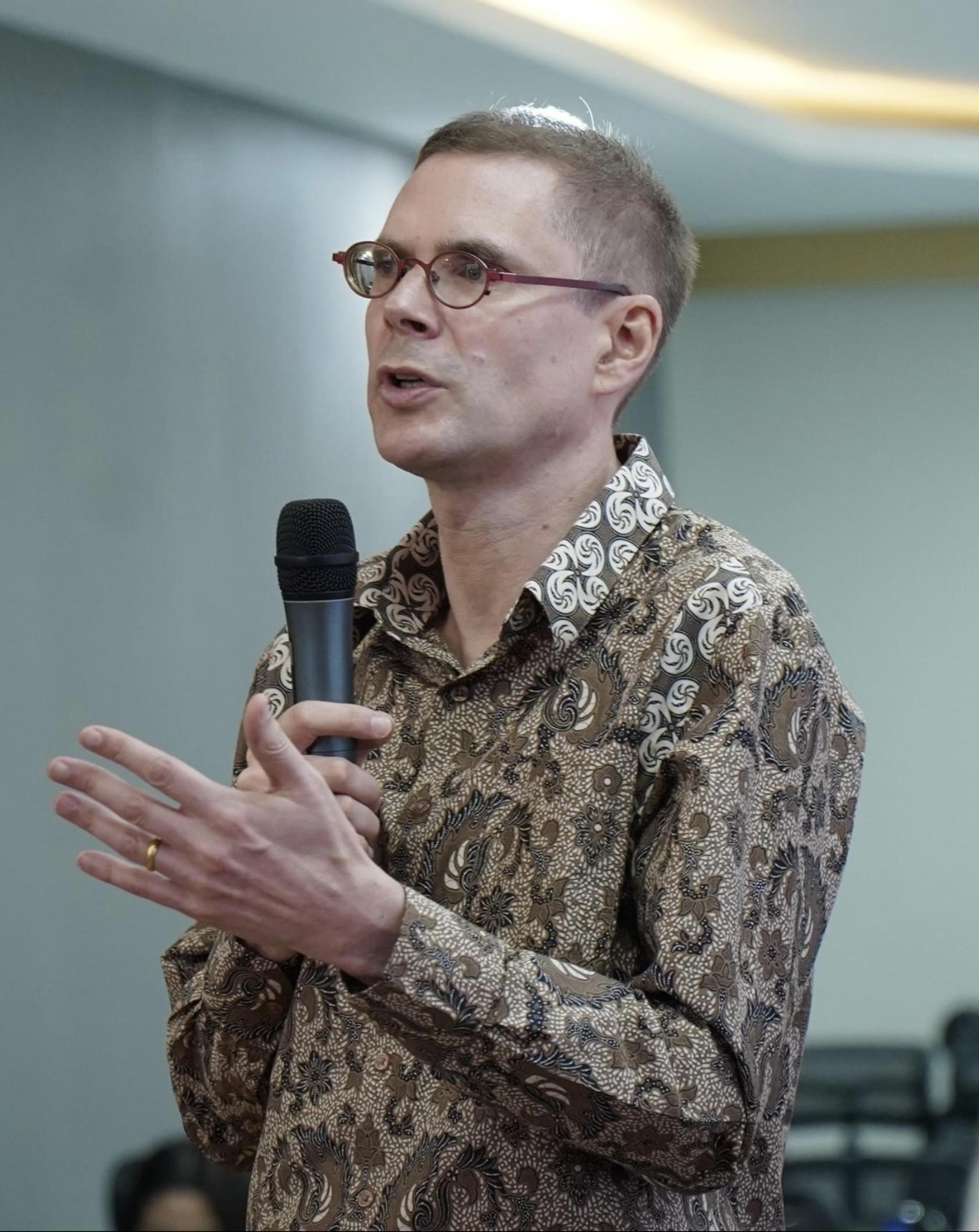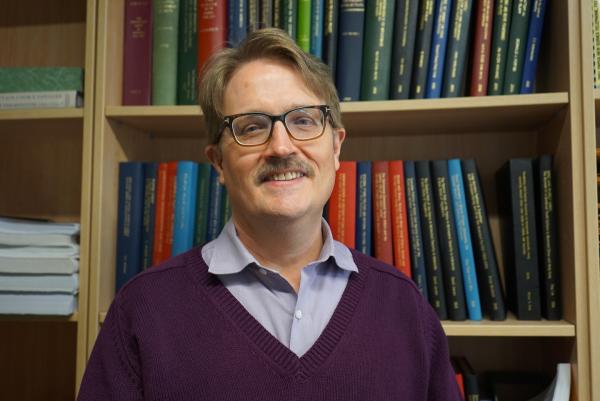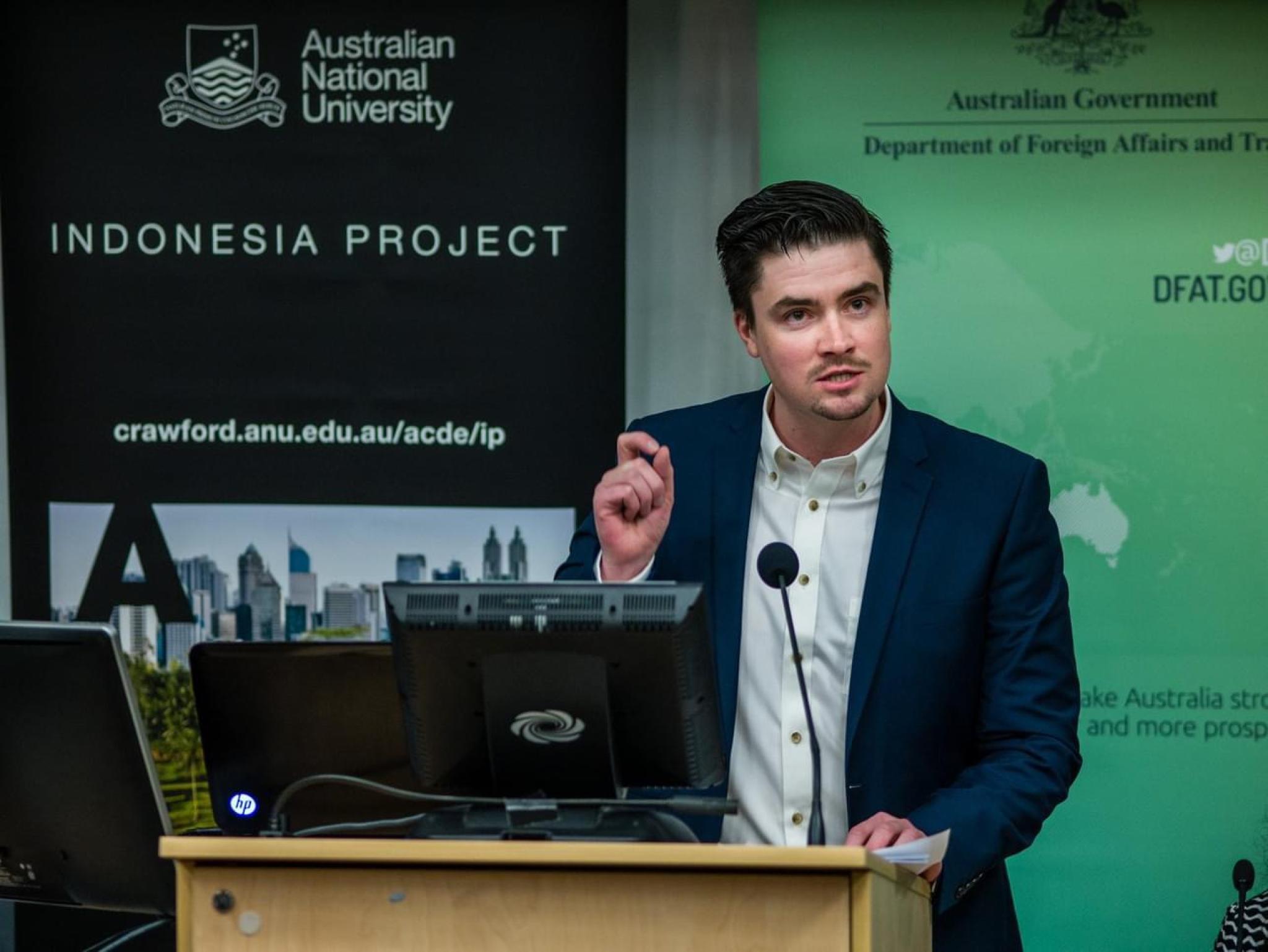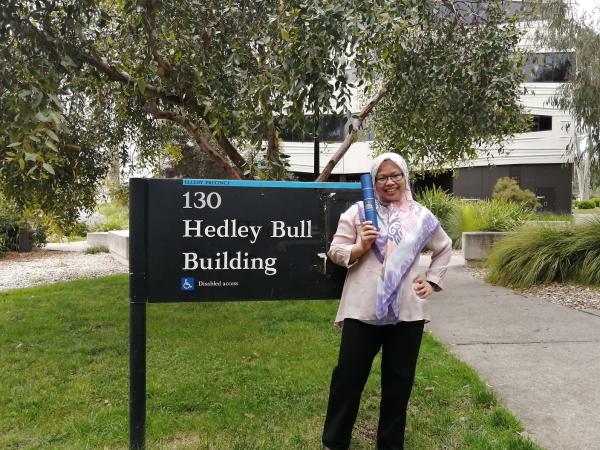Expressions of interest must be sent to the department’s HDR convenor as soon as possible, but no later than 31 July.
A domestic applicant who wishes to be considered for an ANU scholarship is required to submit a full application through the ANU Application Manager by 30 September at the latest.
This time frame is designed so that we can help you finalise your application package before the scholarship committees meet.
Applications that are submitted after 30 September but before 31 October will still be considered; however, such applications risk being incomplete at the time of consideration as they will not have benefitted from the abovementioned review process.
For non-ANU scholarships, prospective students must express their interest in the department’s graduate research programs to the HDR convenor at least two months in advance of the respective scholarship program deadlines (if formal acceptance to a university is a scholarship eligibility requirement).
